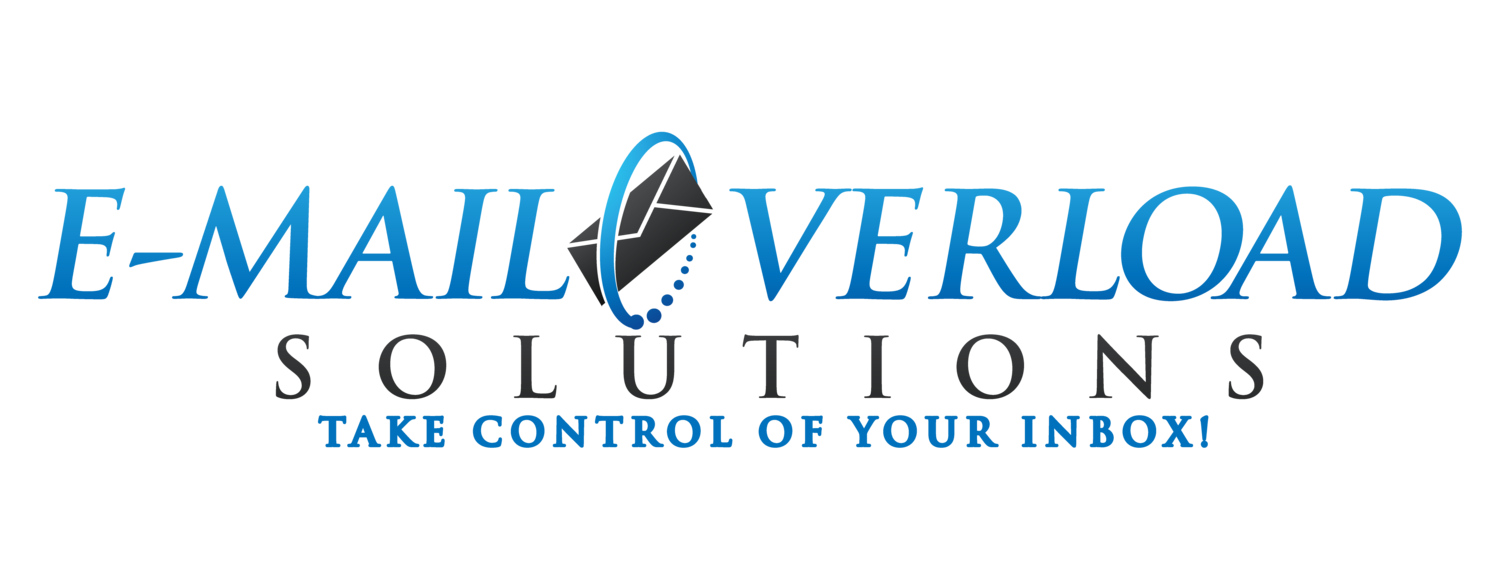Jump Start your Productivity with SMART Objectives
/To put a productivity system into place, you need to know where to get started. And a good place to start is with your Objectives and Goals!
Understanding the pieces that comprise your productivity system is important. But it doesn’t tell you what you need to get started with your system.
In a recent post, I highlighted the 6 key components of my productivity system:
Reference/File System
Project Management
Process Management
Task Management
Schedule Management
Communication Management
I received a few Emails from readers asking how to actually "put your productivity system into place"?
It’s a good question and made me go back and think.
“I believe the best way to start begin your productivity system is to always start with your Objectives.”
What are Objectives?
For most people the work for companies, Objectives are set every year as part of a formal planning process. They are the basis for how your management assesses your performance and achievements.
“Objectives are high-level, strategic goals you are committing to achieve over a period of time.”
Objectives define key things that you are ultimately trying to achieve - the "big goals" that you want to build or achieve.
Objectives should be specific, ambitious, but achievable.
In fact, I was always taught to build “SMART” Objectives.
Smart is a handy acronym for:
Specific
Measurable
Achievable
Relevant
Time-bound.
Let’s dive into these “SMART” objectives a bit further:
We will define each of these, and provide a few examples for each.
Specific:
A good objective must be detailed, concrete, focused, and well-defined. You must be able to describe it so that it is clear and discrete as to what it means.
For example, an objective to “Improve our Sales” isn’t really specific enough. It doesn’t tell you how you want to improve sales, how much to improve them, and what “improving” even means.
Instead, a good “specific" objective" would be “Increase year-over-year gross sales for the northern region by 10%”.
Measurable:
An objective must be able to be observed or measured. You must be able to somehow track it and know when it is achieved.
For example, an objective to “Improve customer satisfaction levels” is only useful if you know what customer satisfaction levels were beforehand, and can track that they have in-fact improved.
Instead, a good “measurable” objective would be “Increase the average overall customer feedback rating on the annual customer satisfaction survey by 5 points”.
Achievable (or “Attainable”):
An objective must be something you can actually accomplish. It is fine to be tough and aggressive, but it shouldn’t be impossible (or nearly so) to complete. It also shouldn't be outside your scope of control or ability to influence.
For example, an objective to “Reduce product quality defects” may be important to the firm. But if you are part of the "customer service" organization, you just may not be in the position to directly influence it.
Instead, as a member of customer service, you can craft a more “achievable” objective of “Develop a report on the top 5 product defects, their impact on product return rates, and present to the quality department”. That is something a member of customer service can actually achieve!
Relevant (or “Results-Oriented”):
An objective must be linked to your personal areas of responsibility. It must also be aligned with corporate strategies and goals. It doesn’t make sense to pursue objectives that aren't meaningful to either your or the company’s focus and direction.
For example, an objective for a web designer to “Learn how to read corporate financial statements” may be valuable for them to know. But it is probably not very applicable to their job responsibilities. Nice to do and learn? Yes! Relevant to their role? Probably not, unless their job is designing web pages to display financial statements.
Instead, a good “relevant” objective would be “Update security login page to support latest release of JavaScript while retaining backwards compatibility”.
Time-bound (or “Timed”):
An objective must be bound by a frequency, rate, percent completion, or time limit. It can be aggressive, but you must be able to know when you have achieved it.
For example, an objective to “Implement the new sales pricing model” sounds good at first, but doesn’t really say when it needs to happen.
Instead, a good “time-bound” objective would be "Implement the new sales pricing model, with new pricing approved by CFO by end of Q1, customer communications sent by end of Q2, top-selling SKU prices updated by end of Q3, and all SKU prices updated by end of Q4”. Now there are no questions as to exactly what is expected by when!
Why are Objectives Important?
Having good objectives in place is critical to ensuring you "stay on track". They help ensure you are progressing against your personal, group, and organizational goals.
For many people part of large organizations, Objectives are set annually (although other time-frames can be used). They are often defined by your management (or by you) as the key goals you are committing to achieve. They are also one of the key measurements of your personal performance and how you demonstrate success in your role.
If you are self-employed, a solopreneur, or have a side-business, you should also have Objectives.
In fact, it is even appropriate to create Objectives for things that are personal or non-work related.
For example, although my corporate job goals are the main focus on much of my time, I still have goals for other areas of responsibility and interest.
For example, I have goals for my Email Overload site and activities. I also have financial management goals (saving and investing), household goals (repairs and improvements), personal development goals (hobbies and fitness), and family goals (family activities and events).
And I try to make sure I use SMART goals across them all.
In the next post, I will dive-into how I use my Objectives as part of my Productivity system and how they help drive project, task creation, and schedule management.
But I wanted to first present the importance of Objectives, and how to build useful Objectives using the SMART framework.












